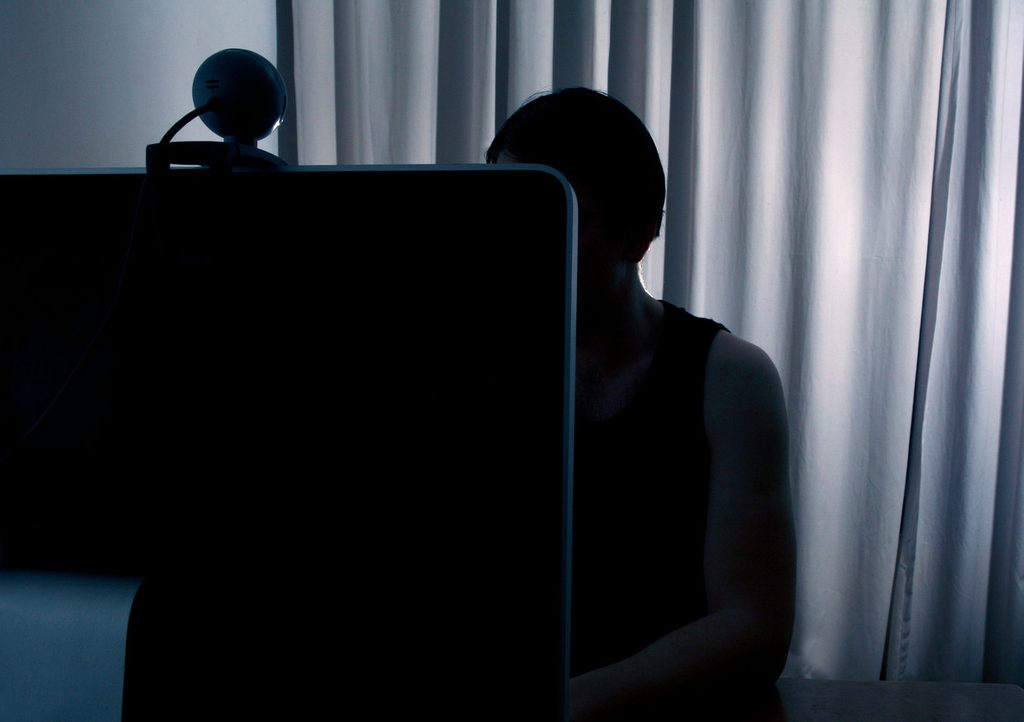The European Parliament has proposed a bill to fight online child sexual abuse. It aims to strike a balance between tackling the problem while also avoiding generalised monitoring on the internet, but victims' organisations are calling it "a step backwards."
After months of intense debates and negotiations, the European Parliament's Civil Liberties, Justice and Home Affairs (LIBE) Committee voted on the bill to tackle online child sexual abuse – which deviates sharply from Commissioner Ylva Johansson's proposal.
In the initial proposal, Johansson foresaw measures that would lead to the systematic scanning of all chat messages and weaken encryption. The compromise that the LIBE committee has now reached, and which has broad support, is removing this 'chat control' from the bill.
In practice, this means that instead of systematically scanning all chat messages and images (so-called 'chat control') that people send each other on WhatsApp, for example, it will now only be applied to those who already have a link with suspected child sexual abuse.

WhatsApp. Credit: Belga / Bruno Fahy
Parliament is also focusing more on other measures, such as flagging child abuse on online platforms and limiting contact between adults and children on gaming platforms. "After months of intense debates and negotiations on this bill, there is finally a text that tackles child sexual abuse online, without violating the privacy of innocent citizens," said MEP Sophie in 't Veld in a press release.
"The European Commission has attempted to use micro-targeting on X (formerly Twitter) to convince people of its heavily criticised proposal, but Parliament has shown up and chosen the only right way: adequate protection of children online, with privacy protection for people who are innocent," she added.
As a last resort, the draft law would still allow judicial authorities to authorise time-limited orders to detect any child sexual abuse images and take them down or disable access to them when mitigation measures are not effective. MEPs also emphasised the need to target detection orders to individuals or groups (including subscribers to a channel) linked to child sexual abuse using "reasonable grounds of suspicion."
Striking a balance
The law would also set up an EU Centre for Child Protection to help implement the new rules and support internet providers in detecting child sexual abuse materials: it would collect, filter and distribute reports to competent national authorities and Europol.
"To meet this compelling challenge effectively, we have found a legally sound compromise supported by all political groups," said rapporteur Javier Zarzalejos. "It will create uniform rules to fight the sexual abuse of children online, meaning that all providers will have to assess if there is a risk of abuse in their services and mitigate those with tailor-made measures."
"This agreement strikes a balance between protecting children and protecting privacy," he stressed.
However, a coalition of over 80 survivors, as well as child and women's rights organisations previously wrote to EU leaders to express concern over the Parliament's compromise on the Regulation to prevent and combat child sexual abuse, saying that it is actually "a step backwards."
They stressed that the new approach would restrict the detection of child sexual abuse materials to the extent that it would make it ineffective in tackling these crimes on a large scale and emphasised that targeted detection of suspects is not effective in protecting children.
"If we only allow detection of images and videos when a suspect is identified, we will limit the detection to an extremely small number of images and children, enabling potential abusers to easily continue to perpetrate abuse under the radar of law enforcement," they wrote in an open letter.
Tip of the iceberg
They added that due to the scale of the phenomenon, targeted detection of suspects is not workable in practice either: platforms reported 88.3 million images and videos of online child sexual abuse last year alone, and this is only the tip of the iceberg. Across the globe, thousands of predators are constantly opening new online accounts to target children and share millions of images and videos depicting child sexual abuse.
Lastly, they underlined the importance of tackling grooming (when someone establishes an emotional connection with a child to lower their inhibitions with the objective of sexual abuse) as soon as possible, as reports went up by 82% from 2021 to 2022.
Related News
- 'Toxic warehouse' of child sexual abuse: EU urged to 'get a grip' on spiralling problem
- EU-funded app to block child abuse images will be tested in Belgium
- Swipe with caution: 'Belgian Tinder' infested with sexual predators
Preventing online and offline manifestations of child sexual abuse is an essential part of the solution, they said. "Deciding against detecting grooming means that we give up on the possibility of preventing future harm from happening in the first place."
Survivors and child rights advocates are calling for Member States to take a stronger stance to protect children from sexual violence online and ensure a wide scope for detection of child sexual abuse materials and grooming on the internet.
The draft Parliament position still needs to be endorsed by the plenary. On 20 November, the start of negotiations will be announced and MEPs have until the end of the following day to object.

